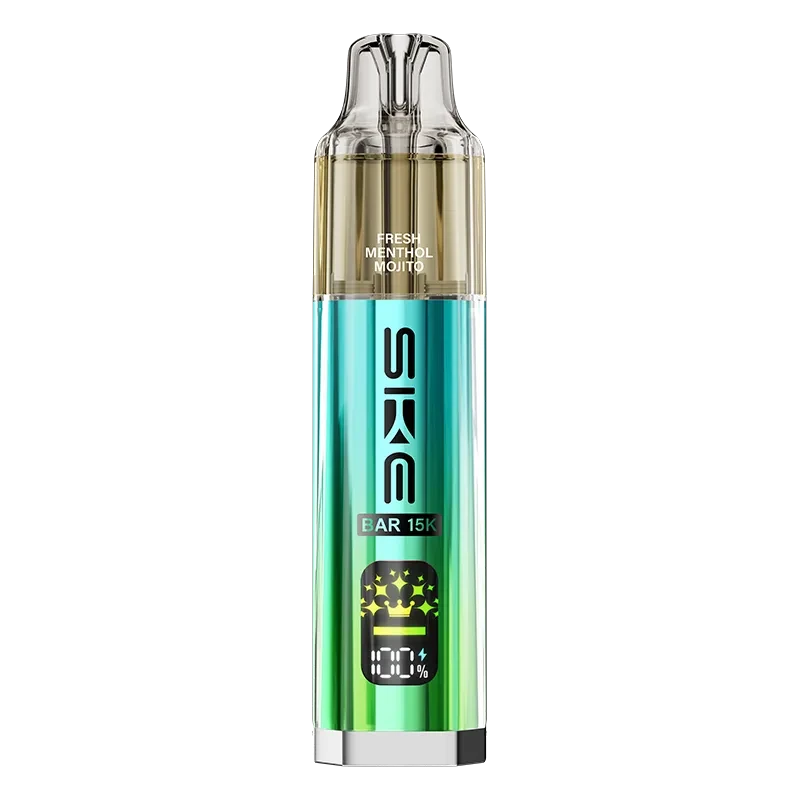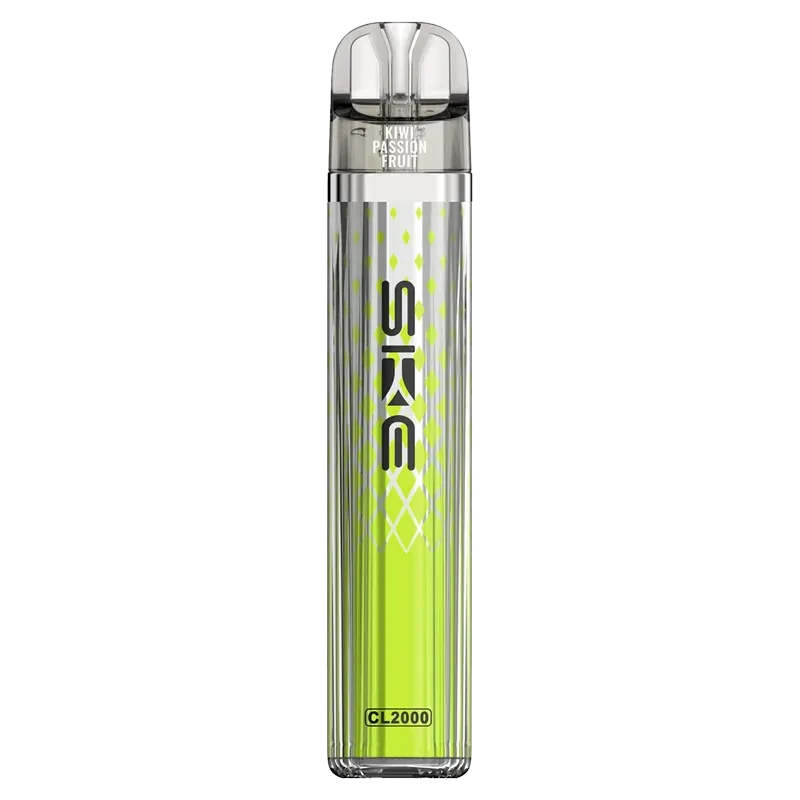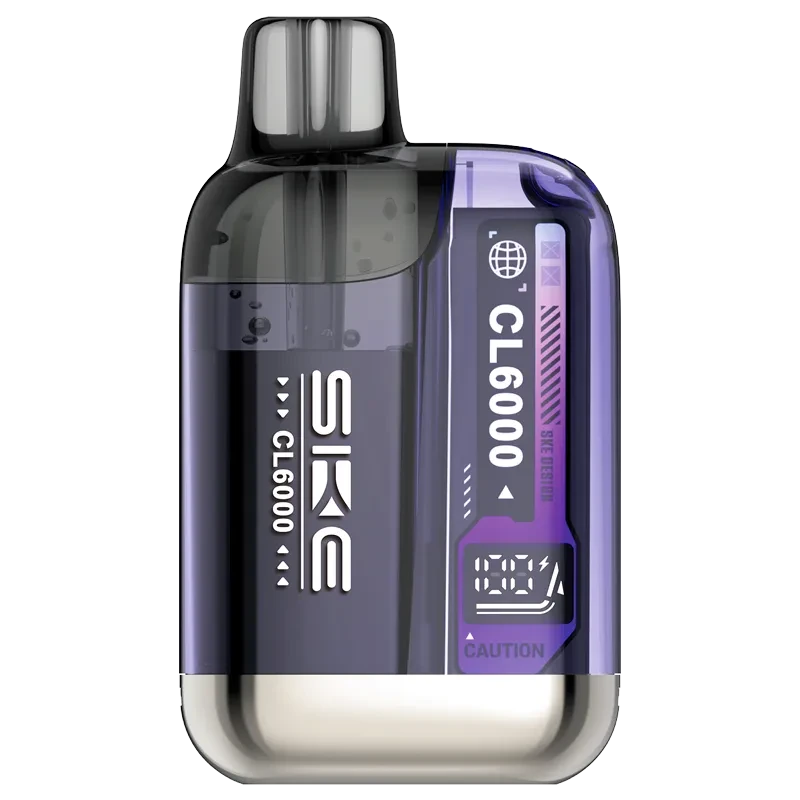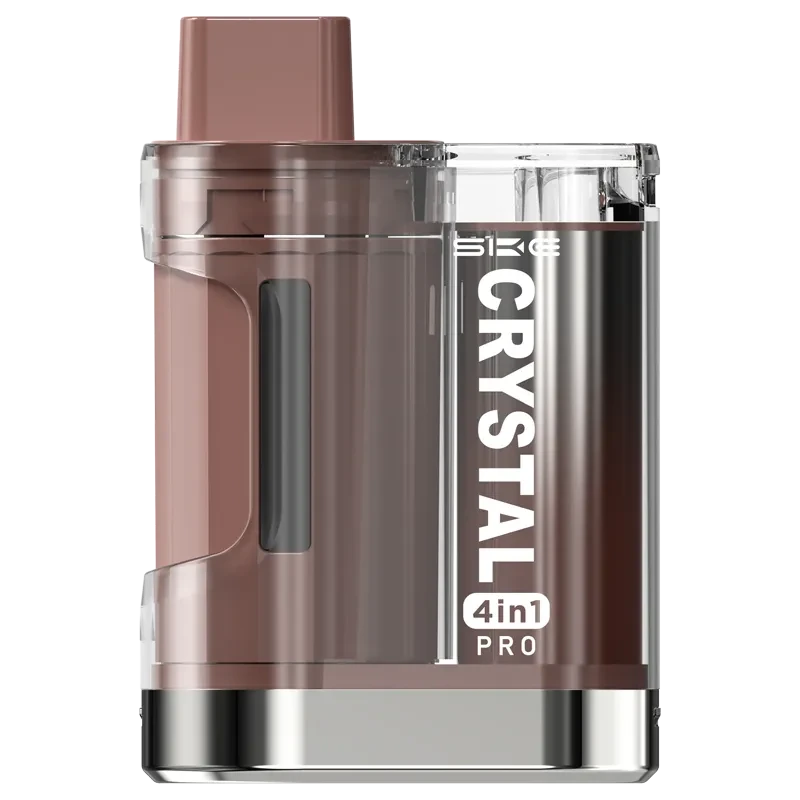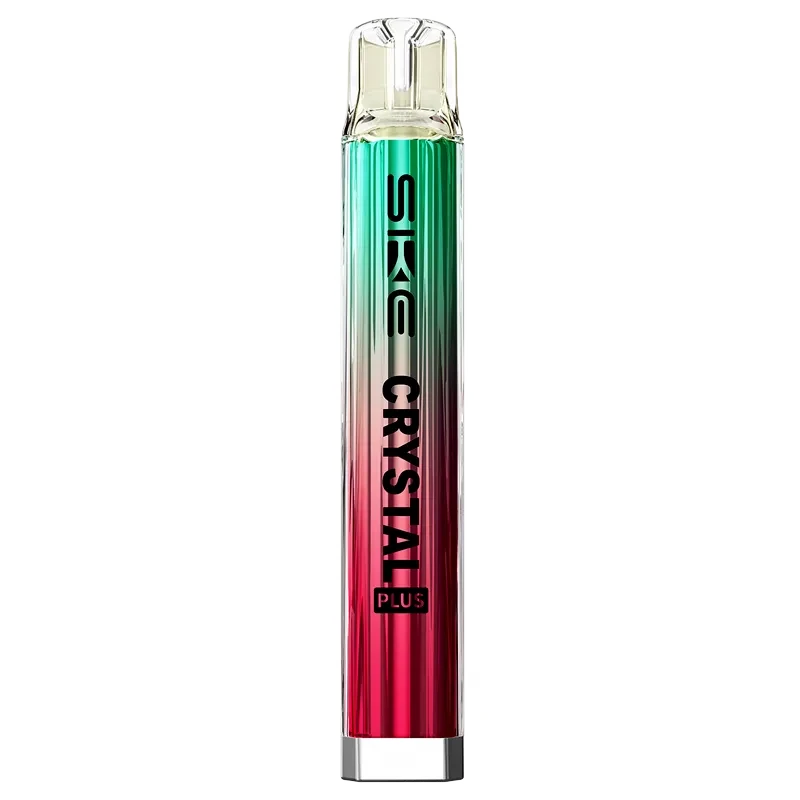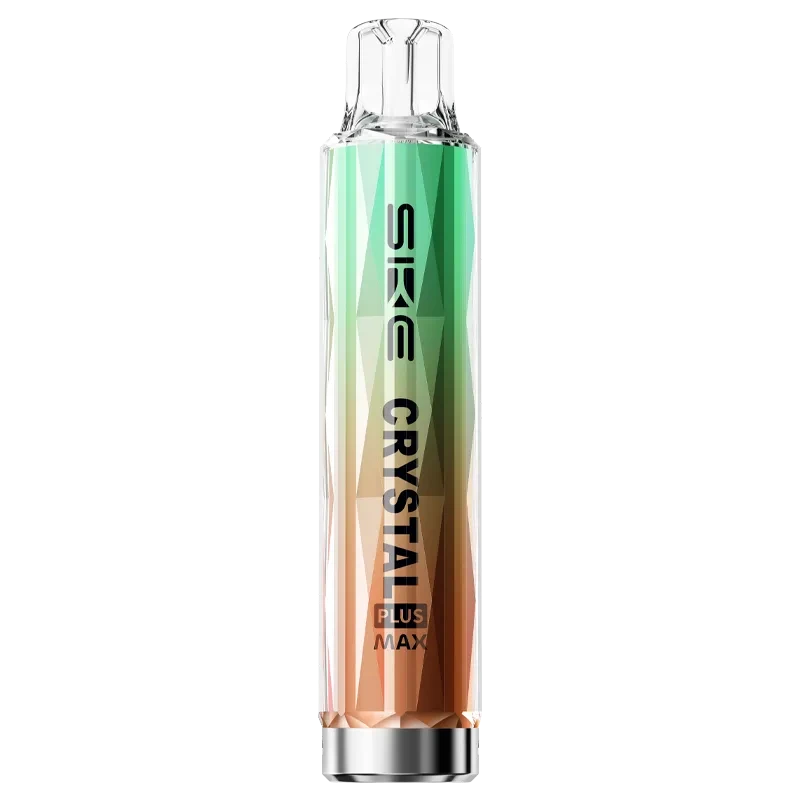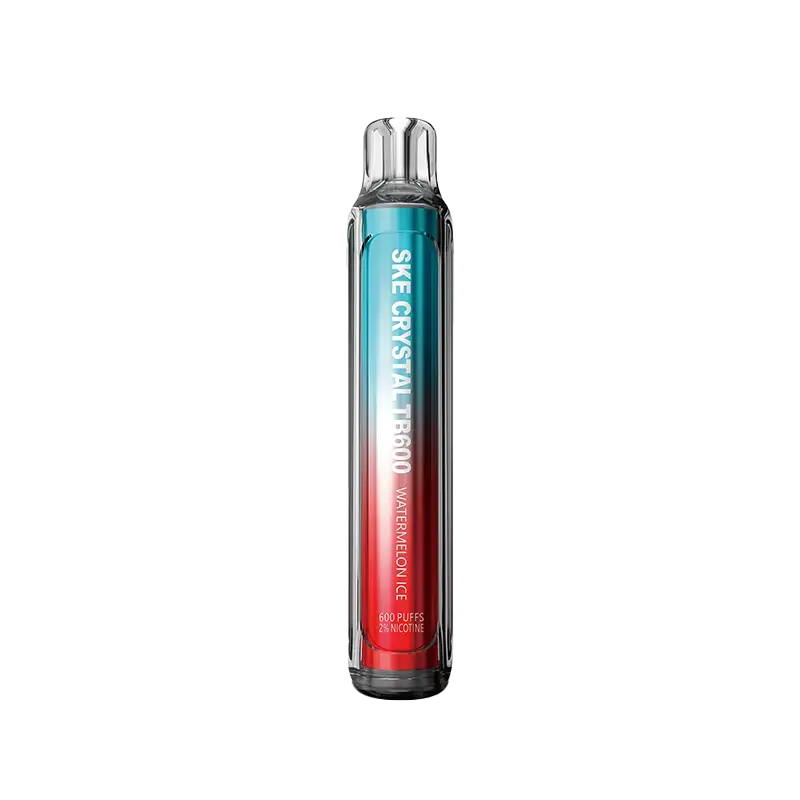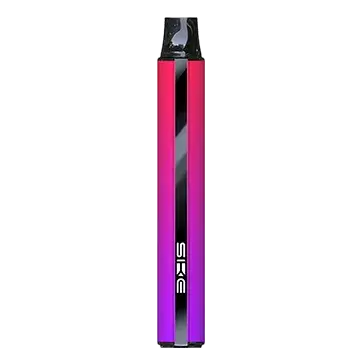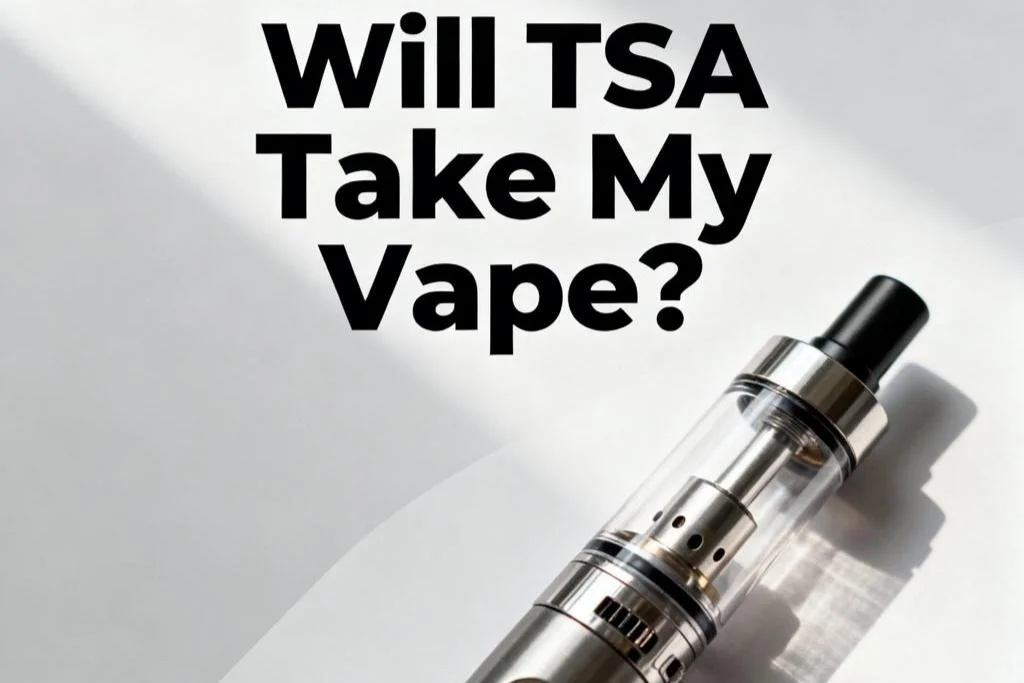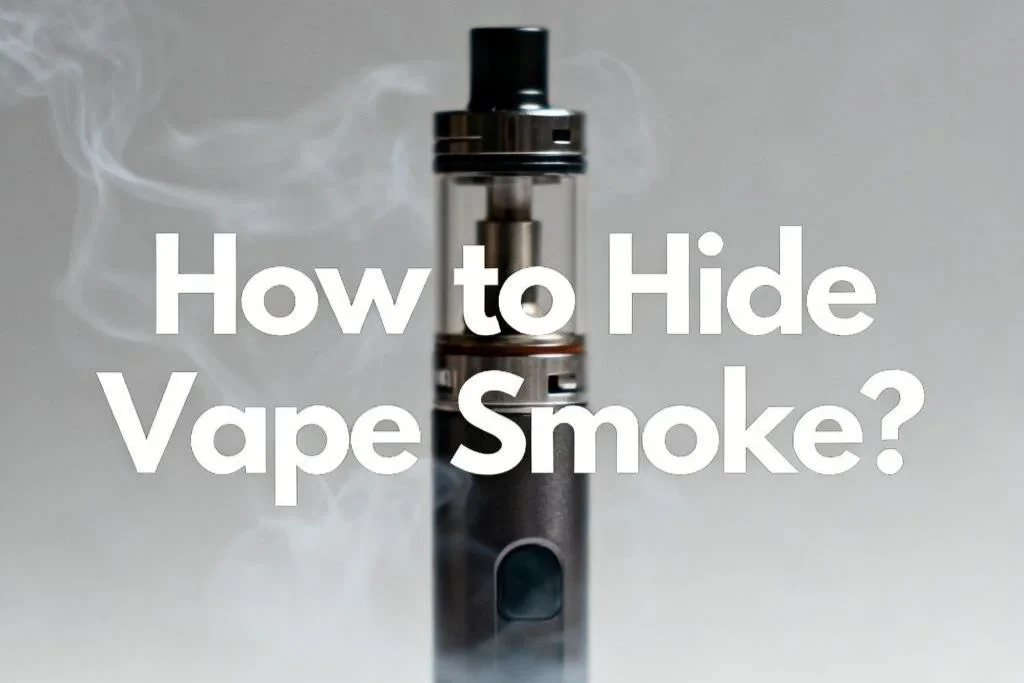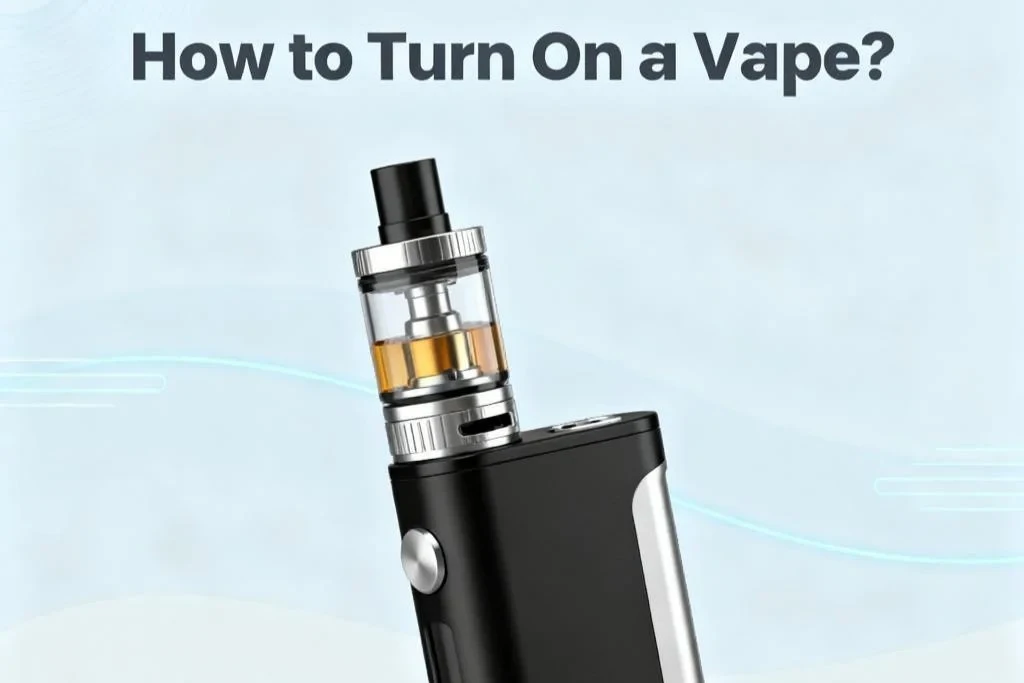CAN VAPING CAUSE HEADACHES?
Vaping has become a widely adopted alternative to traditional smoking, but many users have reported various side effects — one of the most common being headaches. If you’ve ever wondered, “Can vaping cause headaches?”, you’re not alone. This guide explains the potential connection between vaping and headaches, possible causes, and how to prevent them based on current knowledge and user experience.
Can Vaping Cause Headaches?
Yes, vaping can cause headaches for some users. Several factors contribute to this, ranging from nicotine strength and dehydration to sensitivity to specific ingredients in e-liquids. While not everyone who vapes experiences headaches, understanding the underlying reasons can help reduce or eliminate this issue.
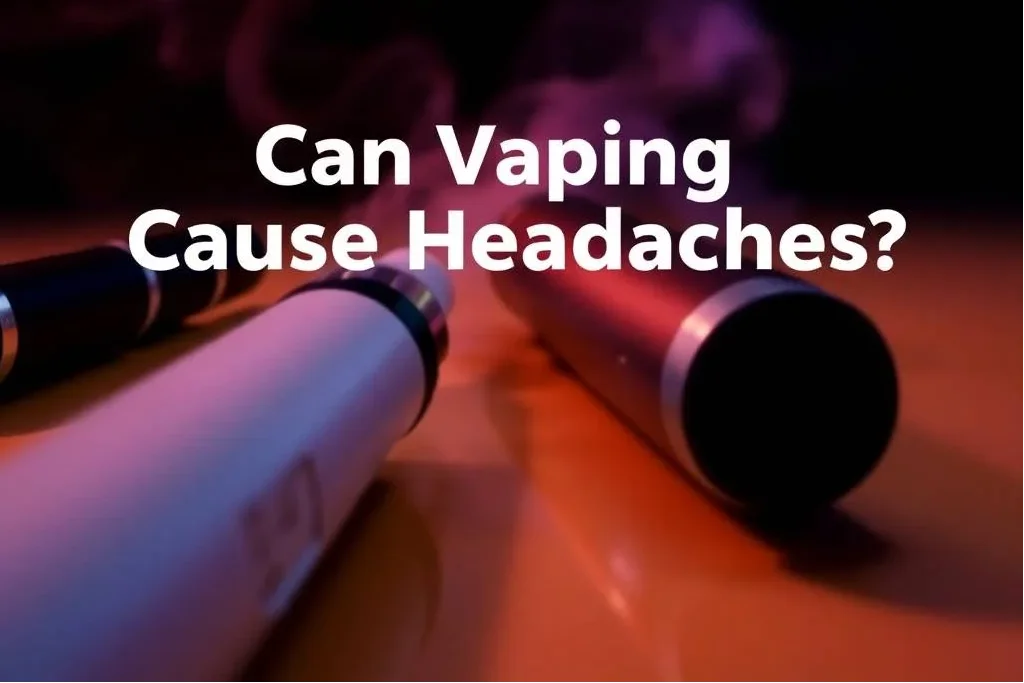
Common Reasons Why Vaping Might Cause Headaches
1. Nicotine Strength
Nicotine is a stimulant that can affect blood vessels and the central nervous system. Using e-liquids with high nicotine concentrations—especially nicotine salts—may lead to headaches, particularly for new vapers or those who vape frequently.
2. Dehydration
Vaping can lead to dry mouth and mild dehydration. The propylene glycol (PG) in vape juice is hygroscopic, meaning it absorbs water from your body. Dehydration is a well-known trigger for headaches.
3. Vaping Too Frequently
Chain vaping or long sessions without breaks can result in overexposure to nicotine and increased strain on your respiratory system, both of which can lead to headaches.
4. Sensitivity to Ingredients
Some users are sensitive or allergic to PG or specific flavorings used in e-liquids. These sensitivities may cause headaches along with other symptoms like throat irritation or dizziness.
5. Caffeine and Vaping Combo
Combining caffeine intake and vaping can sometimes amplify the effects of stimulants in your body, potentially resulting in tension headaches or migraines in sensitive individuals.
How to Prevent Vape-Induced Headaches
- Choose the right nicotine level: If you’re using a high-nicotine e-liquid and experiencing headaches, consider stepping down to a lower concentration.
- Stay hydrated: Drink plenty of water before and after vaping to counteract the dehydrating effects of PG.
- Limit vaping sessions: Avoid prolonged or repetitive vaping. Take breaks between puffs.
- Try different e-liquids: If PG or certain flavors are the culprits, switching to a higher VG blend or different flavor profile might help.
- Observe your triggers: Keep track of when your headaches occur to identify potential patterns or triggers.
When to See a Doctor
If headaches persist despite adjusting your vaping habits, it’s essential to consult a healthcare professional. Chronic headaches may signal an underlying condition unrelated to vaping or indicate that vaping isn’t suitable for your body’s tolerance.

Conclusion
While vaping is often marketed as a safer alternative to smoking, it's not without its own side effects. Headaches from vaping are usually mild and manageable, but understanding the root cause is crucial. Monitoring your usage, staying hydrated, and choosing the right vape setup can make a significant difference.
FAQs
1. Can vaping give you a headache?
Yes, vaping can cause headaches in some individuals. The most common culprits include high nicotine concentrations, dehydration from propylene glycol (PG), and overuse. If you're new to vaping or using a device with strong nicotine salts, you may be more prone to developing headaches, especially if you vape frequently without breaks.
2. Why does vaping make my head hurt?
Headaches from vaping can be triggered by several factors: high nicotine intake, sensitivity to ingredients like PG or flavorings, dehydration, or even chain vaping. Stimulant effects of nicotine can constrict blood vessels, potentially leading to head pain or tension headaches.
3. Does nicotine cause headaches when vaping?
Nicotine is a known stimulant that can lead to headaches, especially in large doses. When vaping, users often absorb nicotine more efficiently, particularly with salt-based e-liquids. This rapid intake can cause headaches, dizziness, or nausea in some people.
4. Can quitting vaping stop headaches?
For users who develop chronic headaches linked to vaping, quitting can often lead to relief. However, during the initial withdrawal phase, some users may still experience headaches as the body adjusts to lower nicotine levels. These symptoms typically subside within a few days.

